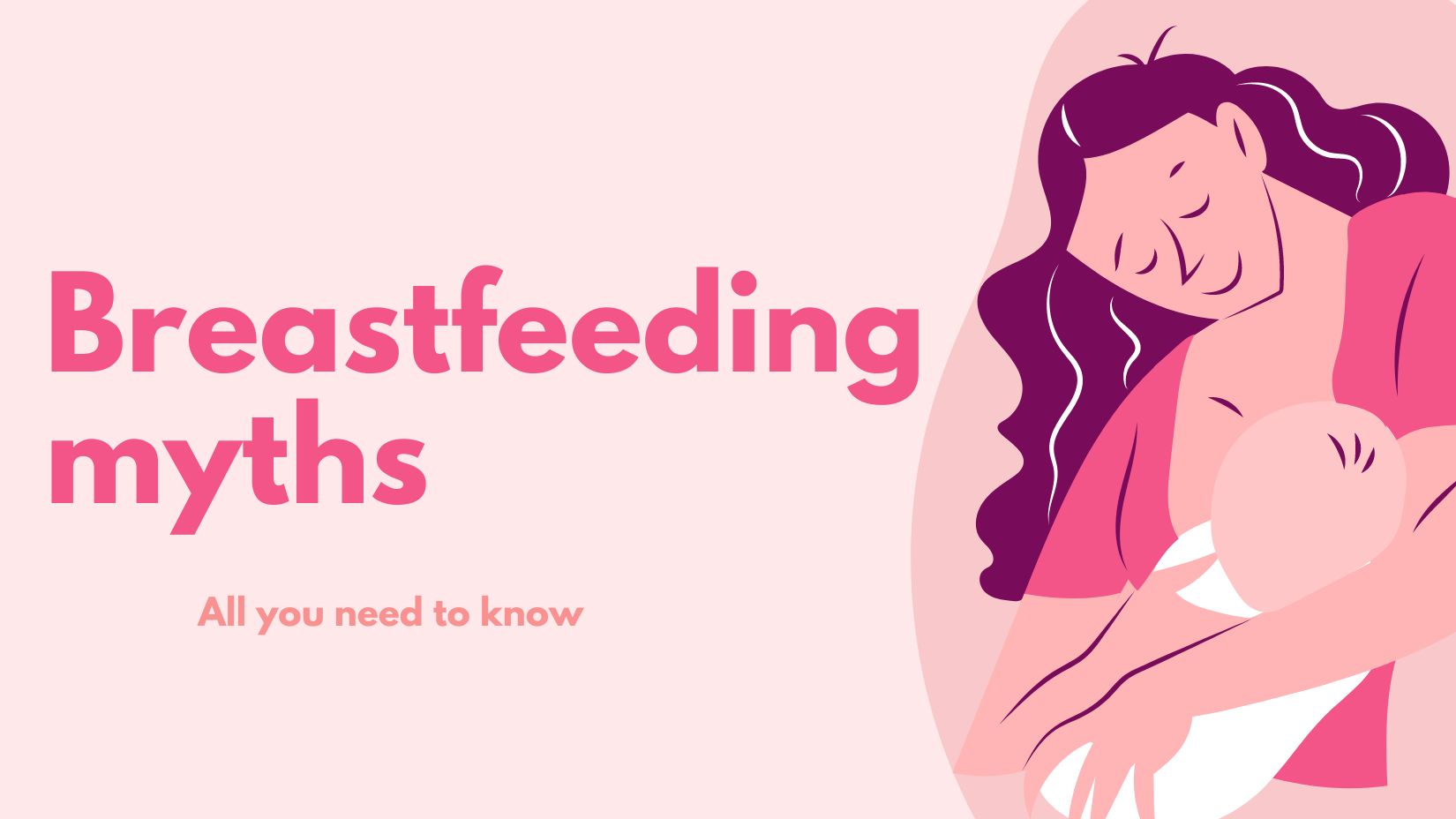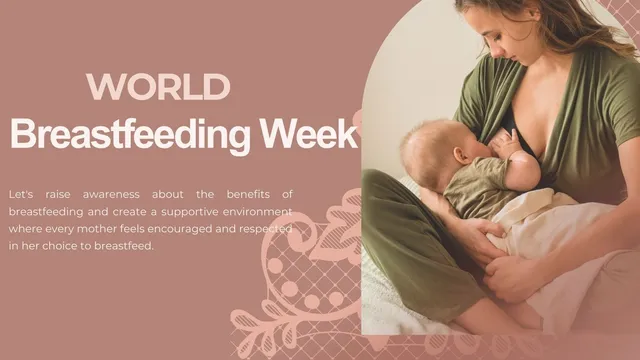- By Priyanka Munshi
- Tue, 06 Aug 2024 06:01 PM (IST)
- Source:JND
World Breastfeeding Week 2024: Don't you think it's important to clear up all the myths around breastfeeding? Making the best decisions and caring for their newborns is essential for new mothers. One widespread misconception is that nursing is always simple and instinctive; however, many moms have issues like discomfort, low milk production, or difficulty latching. Knowing this can encourage them to seek assistance from lactation consultants or medical professionals instead of feeling defeated or unworthy.
There's also a misunderstanding that formula feeding is as healthy as breastfeeding; nevertheless, breast milk has special nutrients and antibodies that are matched to the needs of the infant and can strengthen their immune system. Furthermore, despite evidence that it strengthens emotional development and creates a stable attachment, some people think breastfeeding will make a child overly dependent. Additionally, it gives moms the confidence to breastfeed for as long as they and their children want to, knowing that it's a natural and healthy decision.

Breast milk has special nutrients and antibodies, strengthening the infant's immune system. (Image Credit: Canva)
In general, dispelling these stereotypes can lead to better breastfeeding experiences, enhanced health outcomes for mothers and infants, and a more accepting community. In a conversation with Jagran English, Dr. Anagha Madhuraj Kulkarni, an international lactation consultant at Rainbow Children's Hospital at Marathahalli in Bengaluru, discussed common myths about breastfeeding that everyone should be aware of.
According to Dr. Anagha, a new baby's arrival brings great delight and significant change. You might love the cuddling and your newfound purpose, but you might also have restless nights and never-ending diaper duty. Although it can be difficult at times, breastfeeding, also known as chestfeeding, is frequently praised as a unique bonding experience. We will dispel five widespread misconceptions about breastfeeding in this post, offering guidance and useful tips to help you through this important part of caring for your child.
Also Read: Consuming Water From Plastic Bottles May Raise Blood Pressure; Says Study
Breastfeeding Is A Eeverely Painful Process
Breastfeeding shouldn't hurt, but in the early days when your body gets used to nursing, it's natural to feel some tenderness and sensitivity in your breasts and nipples. Due to pregnancy hormone changes, nipples become sensitive. It's called transient soreness. See a lactation consultant for help if you experience ongoing pain or discomfort. They can assist in identifying any problems and offer advice on proper deep latch techniques and nursing positions to ensure a more comfortable experience.
Breastfeeding Is An Extremely Tedious And Time-Consuming Process
Although there are numerous benefits to nursing, it also takes time and effort. Unlike formula feeding, you won't need to mix the formula, heat the water, clean and disinfect the equipment, or prepare the bottles. When you breastfeed, especially during those late-night feedings, your baby will always have access to milk at the right temperature and time. This could streamline the process and reduce the overall time involved.
Latching On Is Very Difficult
While it may seem instinctual for babies to root, latch, and suck when breastfed, breastfeeding is actually an art and skill with deep latch technique that you and your child must learn. Although babies are born with the ability to locate the breast and begin nursing, it takes coordination and learning. Consider nursing like a dance: your infant will naturally follow the moves, but it will take time and practice to get the hang of it. Breastfeeding might be difficult at first, but with patience and persistence, it will become easier and more natural for you both.
If Your Baby Cries, It Probably Means That You’re Not Making Enough Milk
Crying is always a communication sign between you and your baby. Your infant may cry, but this does not always indicate that you are not nursing your child well enough. Babies use crying as a means of expressing their demands, which might include the need for comfort and attention, overstimulation, a soiled diaper, discomfort from being too hot or cold, or just hunger. See your pediatrician for advice if you observe your baby crying more than usual or if you're worried that the crying could be due to inadequate feeding.
Additionally, you can get help and answers to any questions you may have regarding feeding and breastfeeding techniques from lactation consultants and professionals.
Your Breast Size Matters In The Breastfeeding Process
Having big or small breasts has no bearing on how much milk you can produce. Regardless of the size of their breasts or nipples, babies can nurse successfully. Finding the ideal posture for both you and your infant may need some guidance. The advice of a lactation consultant or breastfeeding peer counselor can greatly aid in finding what works best for both of you.
Also Read: 3 Easy Exercises Recommended By Expert To Practise In Office For Back Strain Relief
Finally, Dr. Anagha said, dispelling these widespread misconceptions about breastfeeding enables you to have a more knowledgeable and satisfying experience by highlighting the facts. Nursing has its difficulties, but by knowing the reality behind these myths, you may arm yourself with the information and self-assurance you need to get through it. Remember that every mother's breastfeeding journey and nursing experience is different, and getting help from friends, family, and specialists can be very beneficial. Recognize that you are giving your child a loving and advantageous start in life as you accept the process with openness and patience.
Dr. Anagha also gave a tip for all new mothers, saying that breastfeeding is always best and that it is a baby's first right to receive nutritious breastmilk.

